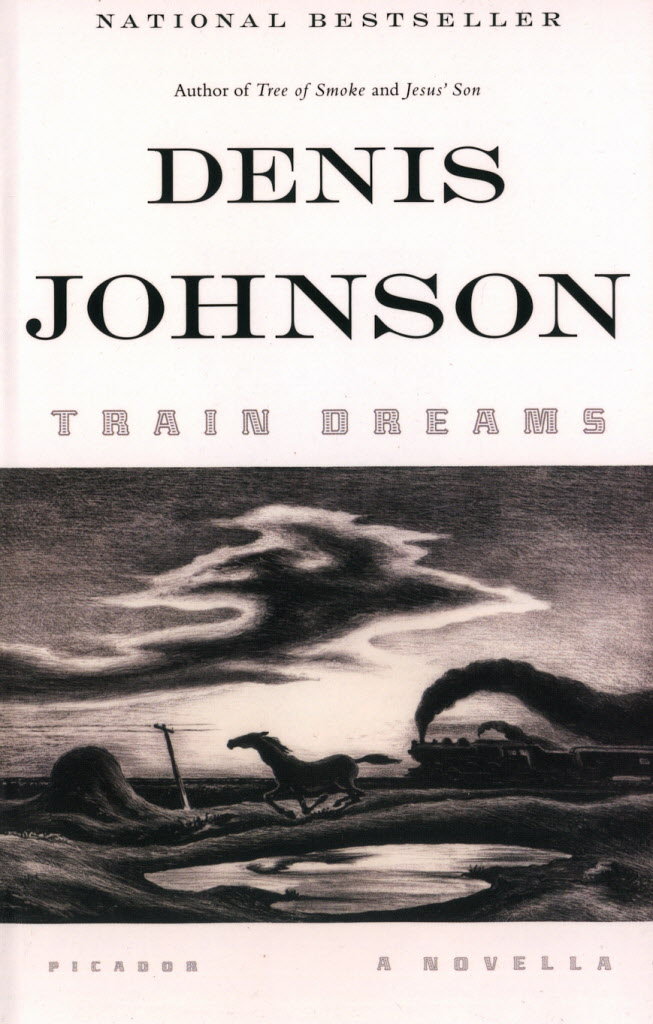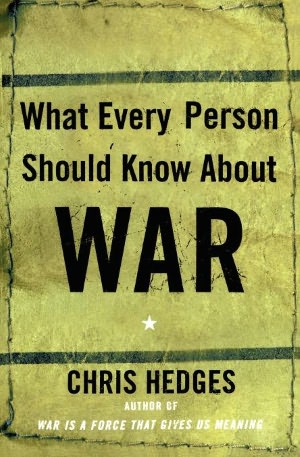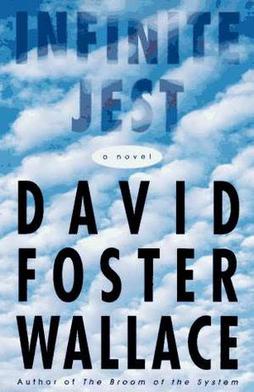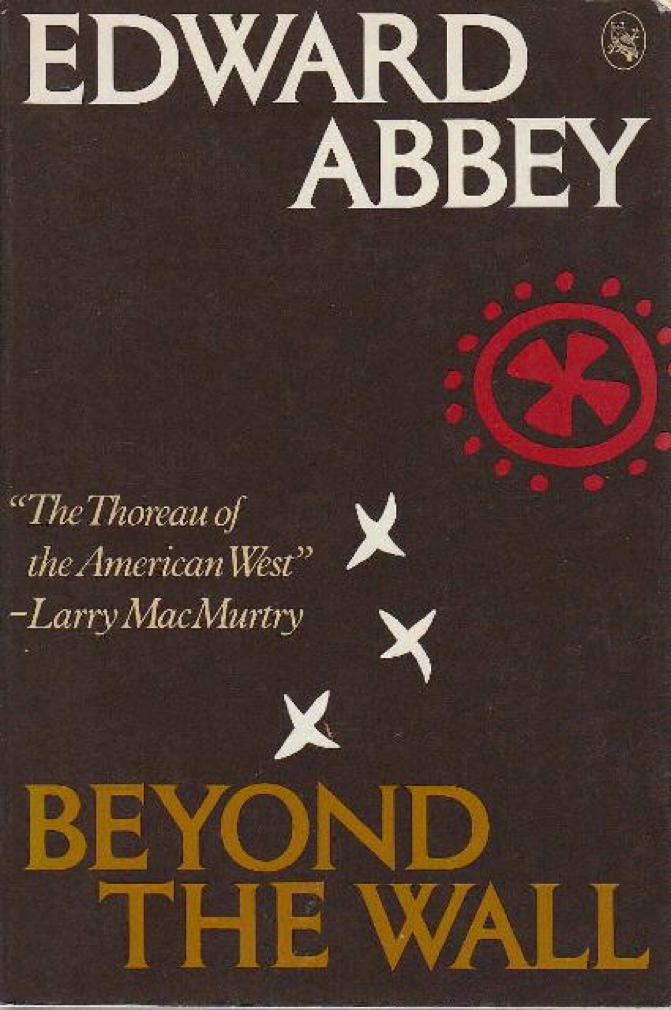In my travels and readings this year, I meditated on human communities and their relationships to landscapes. I found tremendous insight in the writings of Wendell Berry, Barry Lopez, and the author who defined this year's themes and most influenced my thinking, Wallace Stegner.
Here were some of the books that I found most enriching this year:

Train Dreams by Denis Johnson is a hallucinogenic, skeletal novella. Stegner's thoughts on the transient lives scattered throughout the American West primed me to engage the lyricism and imagery of one of the most powerful stories of the West I've ever read. A train deposits a stranger in a wild land.
The soul of a place is laid bare through a life formed in it. I hope to revisit this novel many times, to relate with the mystery at its core.

What Every Person Should Know About War by Chris Hedges is a book that trusts its reader with the bare facts of contemporary warfare. The Q&A format creates a context for surprising emotional impact. The book is not necessarily anti-war. But it does demystify the whole thing, exposing why people go to war and what war does to soldiers and civilians.
After finishing this book, I felt admiration for survivors of wars, and a deep distress at the apparent inevitability of the whole thing. This helped to established a vocabulary that I would explore in conversations throughout the year about war and, later, what it means to be a neighbor.

Lightman's meditation on time and perception helped to shape my experience of the American West during my travels there this year. I wrote about it here. I read this book once a few years back, but reading it communally made a profound difference in how I experienced it, and led me to start gathering with friends to read stories aloud to one another.

I formed a book group to re-read Infinite Jest this year, and the vast, complex novel opened up in interesting ways as a result. I developed a clearer picture of the themes of identity and distraction, the depth of DFW's vision, and the arcs of the tortured characters' lives.
As with the first read-through, there were ups and downs in the reading. The naked desperation of some of the characters, the oblique way in which main events appear only vaguely on the periphery of the narrative, and the dense speech of a great mind in turmoil made for hard work at times, but these things also made the journey entertaining in a really rich way. The despair at the heart of this novel becomes something wonderful in the hands of an earnest, big-hearted artist.

Edward Abbey is not a polished writer or thinker. His extremism leads him to some questionable beliefs. He doesn't always respect form or choose the most constructive approach to conversation like his one-time teacher, Wallace Stegner, or his fellow student, Wendell Berry.
I think these flaws are part of his charm, and his infatuation with desert landscapes consumes them into a furious, impulsive, and lyrical voice, and this voice finds its perfect setting in Beyond the Wall, a collection of essays about deserts. I found this book more interesting than Desert Solitaire, because of its geographic range, and more focused than The Monkey Wrench Gang. The character Edward Abbey writes most fully and to greatest effect is Edward Abbey.
I think these flaws are part of his charm, and his infatuation with desert landscapes consumes them into a furious, impulsive, and lyrical voice, and this voice finds its perfect setting in Beyond the Wall, a collection of essays about deserts. I found this book more interesting than Desert Solitaire, because of its geographic range, and more focused than The Monkey Wrench Gang. The character Edward Abbey writes most fully and to greatest effect is Edward Abbey.

I'd been meaning to read Sherman Alexie for a few years, after reading this excellent interview with Neko Case in The Believer. This year, I finally started, and I was unable to stop. In a period of two months, I read Reservation Blues, War Dances, Flight, Ten Little Indians, The Toughest Indian in the World, The Absolutely True Diary of a Part-Time Indian, and his first story collection The Lone Ranger and Tonto Fistfight in Heaven.
I found a rich, complex kind of life in Alexie's comic sense, his freewheeling narratives, his big-hearted sense of tragedy, and his active rebellion against tribalism in America's social structure. And I know that he was mostly drunk when he wrote his first story collection, but I enjoyed it the most because it was so freely written, sprawling, and funny. He certainly grew as a writer, but there was a unique delight in these unhurried, unpolished early stories that I found surprising and captivating.
My thinking about neighborhoods in relation to their landscapes really took form when I began reading Wendell Berry. While I find some of his ideas irrelevant to urban life or hostile to those who just can't fit in with rural communities, I do feel that he speaks to a deep, human need to live both communally and in harmony with the land that supports us. His clarity of thought and careful speech both influenced the way I read and spoke this year.
Sex, Economy, Freedom & Community packages most of his key ideas in masterful and moving essays. He addresses sales resistance, the relationship between Christians and the earth, local economies, pacifism, and agriculture. His passion and thought culminate in the title essay, in which he calls for community to fill the gap between public and private lives.

Stegner's attention, memory, passion, and intellect are all deeply inspiring to me, and I found a great deal of wisdom in the novels and nonfiction that I read from him this year. I began with Angle of Repose, then continued through his work, reading Beyond the 100th Meridian, Collected Stories, The Spectator Bird, The Big Rock Candy Mountain, Remembering Laughter, Where the Bluebird Sings to the Lemonade Springs, Recapitulation, and Crossing to Safety.
While there were great passages, themes, characters, and stories throughout all of his books (of which The Spectator Bird was my least favorite), I think that his attention to human relationships, context, and memory found their fullest subject in Crossing to Safety. Stegner forgoes the conventional twists to study the life of a friendship between two couples. This approach brings readers into contact with slow and powerful truths about human shortcomings, community, and the nature of love between complex people.
What amazes me about Barry Lopez is not how much he knows, which is truly remarkable, but how many ways he knows. A respected biologist, philosopher, journalist, anthropologist, and artist, Barry Lopez taught me new ways to know a landscape, to regard a life, to contemplate relationships and animals and time. I finish his essays and stories feeling more alert and filled with wonder.
His passions and perspectives find a landscape to match their breadth and depth in Arctic Dreams, a stunning meditation on the arctic and the animals and humans that make lives there. He dedicates a chapter to "Ice and Light," honors the complex lives of narwhals and polar bears, and details the history of exploration of the great northern desert.
I think the highest compliment I can pay an author is that she or he taught me to speak and think differently. I changed my thinking in numerous subtle ways after reading Lopez, but I also began thinking in terms of "landscapes" of interrelated lives and features, and practiced treating animals, people, and places with greater "regard."

My favorite book of the year was a novella from an author who, until this book snuck into the canon of Western literature, was just seeking to understand his brother. Fly fishing provides a metaphor, stage, and movement for the mysteries of love. There's a great deal to say about the author's pacing, technique, insight, and voice, but at this passage, in light of the things that surrounded it, I had to put the book down and wait for my eyes to clear.
For some time, he struggled for more to hold on to. "Are you sure you have told me everything you know about his death?" he asked. I said, "Everything." "It's not much, is it?" "No," I replied, "but you can love completely without complete understanding."And that's a truth that ties it all together for me.

